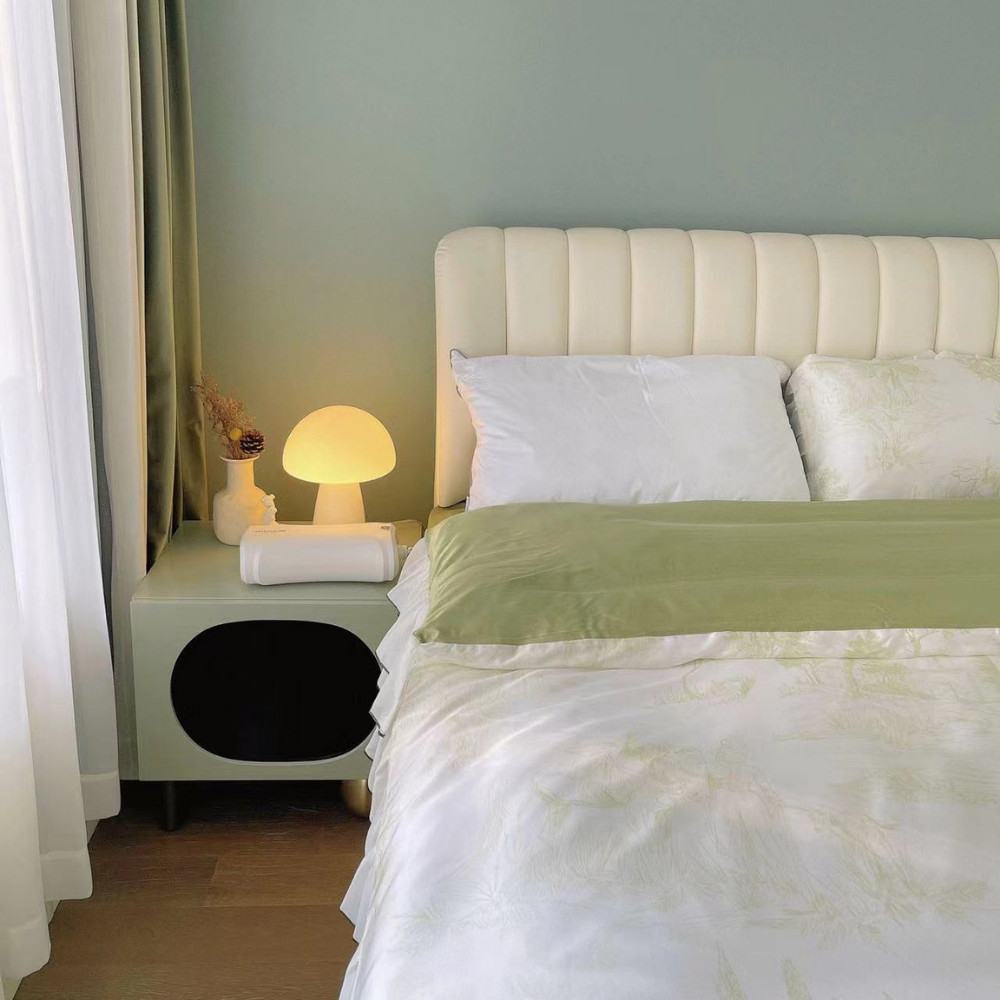Recently, Rebecca Robbins, a postdoctoral researcher at NYU School of Medicine, and other researchers browsed more than 8,000 websites to find out what people think about sleep. After that, a group of sleep medicine experts refuted or confirmed these views one by one. Here are some of the most common sleep rumors they found in them.
1. Adults need five hours or less of sleep
Extensive evidence shows that consistently getting five hours of sleep or less greatly increases risk of adverse health consequence, like that of cardiovascular disease and early mortality. They say this rumor poses the most serious risk to health from long-term sleep deficits.
2. Drinking alcohol before bed will help you sleep
Does a drink before bed will help you have a good sleep? Robbins says, nope – it's a rumor. A drink before bed may help someone fall asleep, but it dramatically affects quality of sleep. It pulls a sleeper out of REM and deeper sleep. You may still spend time sleeping, but you won’t be fully restored.
3. Watching television in bed helps you relax before sleep
A lot of people fall asleep in front of a TV in the bedroom, but watching television is not an optimal way to relax. Nightly news and other programming can lead to stress when we're trying to power down and can lead to insomnia, says Robbins. These devices also emit bright blue light, telling our brain to perk up, not sleep. Avoid blue light from TV and phones and instead do things that relax you.
4. It’s best to lay in bed and try to sleep
Many people think it's best to lay in bed and keep trying when you can't sleep. Unfortunately, if we lay in bed and keep trying, we still can't fall asleep, and we end up associating our bed with insomnia. You should fall asleep within 15 minutes, if it takes too long, instead of lying around doing nothing, get out of bed and do something that might help you relax like folding socks, keeping the lights dim, and going back to bed when you're tired.
5. Snoring is harmless
Snoring may be harmless, but it can also be a sign of sleep apnea, a potentially serious sleep disorder. Instead of ignoring their loud snoring, the researchers encouraged patients to see a doctor to rule out sleep apnea, a disorder that could lead to cardiac arrest or other conditions.
6. Hitting the snooze button is better than getting up right away
Most of us get drowsy due to inertia when our alarm goes off, but please don't hit the snooze button, Robbins said. Our bodies may go back to sleep, but very lightly and sleep quality is low. Robbins recommends getting outside as soon as you wake up.
7. Your brain and body can learn to function just as well with less sleep
When people get less sleep, the body's sleepiness increases for the first few days and then levels off, but the loss of sleep can lead to a persistent decline in bodily function, experts say. "Night shift workers typically get less sleep than day shift workers, and they have higher rates of breast cancer incidence and all-cause mortality than day shift workers," the study noted. So while people are able to "adjust" themselves to less sleep, they can have serious health consequences in doing so.












Leave a comment
This site is protected by hCaptcha and the hCaptcha Privacy Policy and Terms of Service apply.